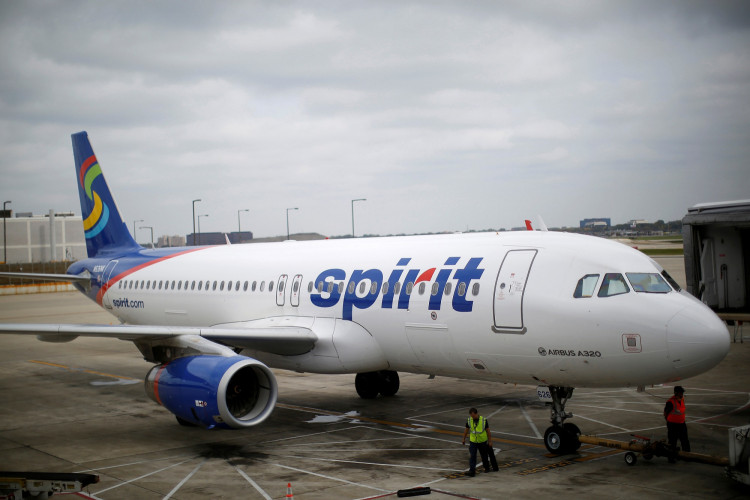Spirit Airlines' CEO Ted Christie has made it clear that the budget airline is not considering filing for Chapter 11 bankruptcy. His comments, made during the company's annual shareholder meeting, come in the wake of significant challenges and after a failed merger with JetBlue Airways. Christie expressed optimism about Spirit's standalone plan, despite the airline's current struggles.
"We are proudly executing to our plan as we've exited the merger agreement with JetBlue and are encouraged by the initial results of our standalone plan," Christie told shareholders on Friday. "We are not evaluating a Chapter 11 at this time."
This announcement arrives as Spirit Airlines continues to navigate a turbulent period marked by shifting travel demand, heightened competition, and technical issues with its fleet. The airline has been significantly impacted by a Pratt & Whitney engine recall, which grounded numerous Airbus planes, exacerbating operational difficulties.
The failed JetBlue merger, blocked by a federal judge on antitrust grounds earlier this year, had raised concerns on Wall Street about Spirit's financial health. The airline's debt load, with significant maturities in 2025 and 2026, has been a focal point of these worries. Analysts have questioned Spirit's ability to manage its debt obligations, especially given the ongoing losses despite a robust travel season.
Adding to the airline's challenges, S&P Global Ratings recently downgraded Spirit, citing constrained cash flow and operating performance. The rating agency highlighted a $1.1 billion loyalty bond due in September 2025 and a $500 million convertible note due in 2026 as critical financial hurdles. "Given the constrained cash flow generation and operating performance, along with management's public announcement of its decision to engage with lenders to assess options for addressing its upcoming maturities, we believe it's likely the company will face a distressed exchange," S&P Global Ratings stated.
Despite these financial concerns, Christie remains confident in the company's strategic direction. Following the termination of the JetBlue merger, Spirit has taken several measures to bolster its financial position. The airline has deferred some Airbus deliveries and engaged in sale-leaseback deals to generate cash. Additionally, Spirit has revamped its business model by eliminating most flight-change fees and bundling various perks previously sold separately. These changes include extending the validity of flight credits from 90 days to a year and increasing the maximum weight limit for checked bags from 40 pounds to 50 pounds.
Moreover, Spirit Airlines recently announced a significant leadership change. CFO Scott Haralson is set to leave the airline, with Brian McMenamy stepping in as interim CFO effective June 14. This transition occurs amid broader efforts to stabilize the company's finances and operational performance.
Despite these efforts, Spirit's stock performance has been dismal. Shares have plummeted more than 77% this year through Thursday's close, reflecting investor skepticism about the airline's ability to navigate its current challenges successfully.
Christie's remarks at the shareholder meeting aimed to reassure investors and stakeholders of the airline's resilience and strategic focus. "We are encouraged by the plan we have in place and the initial results we are seeing," he said. "Our goal is to continue executing our strategy effectively and to ensure we are well-positioned for future growth."





